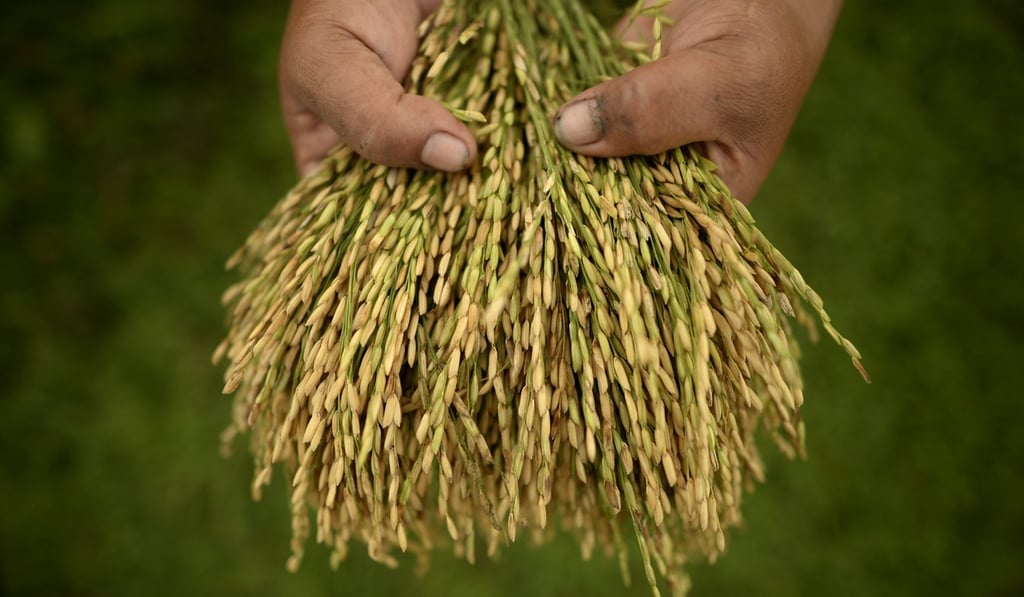How home-grown tech firms and the Bayanihan spirit rescued the Philippines’ typhoon-hit farmers
- Platforms such as Session Groceries, BukidFresh and Agrabah work to open up new markets connecting institutional buyers with far-flung sellers
- They have stepped up their efforts as the nation’s farmers struggle with typhoon-hit harvests and a recent flood of cheap imports

When farmers in the highlands of La Trinidad, Benguet – 250km north of Manila – welcomed the new year, it was more with a whimper than a bang after a series of typhoons in the last few months of 2018 had repeatedly forced them to push back the harvest.
By the time January hit, hundreds of them were gathering the same crops simultaneously.
Prices plummeted, with vegetables like cabbages and carrots selling at a 70 to 90 per cent discount, according to reports, forcing many farmers to make a loss. Worse still, hundreds of kilograms of crops had to be thrown away after sitting unsold, rotting in farmyards.
The farmers aired their grievances on social media, attracting nationwide support from Filipinos who called on the government to help. But the official response – temporary financial aid – was less enduring than that of the entrepreneurs who changed their business models or ramped up formation of their start-ups as they answered the small-time farmers’ call.

Iloisa Diga, co-founder of Session Groceries, was one of the first to join the relief effort. Her start-up online grocery-delivery platform – based in Baguio City, just 10km away from La Trinidad – had been delivering fresh produce for months when she first received news of the farmers’ problems with oversupply.
“Upon hearing the problems of the farmers, my team knew it was time to expedite one of our goals in 2019 – to expand our services to Metro Manila,” she said.